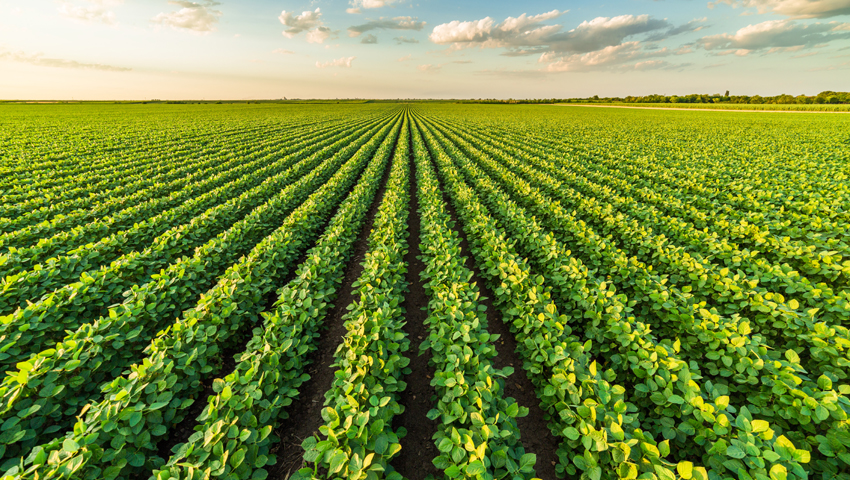A PIONEERING autonomous robot is set to help farmers better monitor the health status of individual crop plants and reduce herbicide use.
Experts from the National Robotarium, a world-leading centre for robotics and artificial intelligence based at Heriot-Watt University’s Edinburgh campus, in partnership with the James Hutton Institute, will use Small Robot Company’s Tom v4 agritech robot to remotely scan agricultural fields to identify, locate and log individual weeds and crop plants. This information will then be passed through a complex AI algorithm to create a ‘treatment map’ which tells farmers exactly how much herbicide to use and where to apply it.
WATCH our interview with Sarra Mander from the Small Robot Company
Current farming practices often rely on herbicides and nutrients being applied over entire field areas. It is hoped that the research partnership between the National Robotarium and James-Hutton Institute will support farmers to dramatically reduce chemical usage by only applying on field areas where weeds or crop pests are present.
As well as detecting herbicide efficacy, additional outcomes of the research project include collecting and reporting data on individual crop plants – known as per plant precision – to accurately monitor plant numbers and health, including their exact location and survivability, alerting farmers to any areas of immediate need.
It is estimated around one-third of the world’s agricultural products are pesticide dependent, with the most common types being herbicides.
The National Robotarium is part of the Data-Driven Innovation initiative, supported by £21 million from the UK Government and £1.4 million from the Scottish Government. The initiative aims to turn Edinburgh into the data capital of Europe and is part of the wider £1.3 billion Edinburgh and South-East Scotland City Region Deal.
Lisa Farrell is Business Development Manager at the National Robotarium. She said “With demand on the world’s food resources set to rise significantly, it’s even more important that robotics and AI play an increasing role in assisting modern agricultural practices. Per plant precision agriculture is a fantastic example of how technology can help us to be kinder to the environment whilst supporting Britain’s farming community to be more efficient, precise and productive.
“The National Robotarium continues to be a leading collaborative hub, bringing together academics and global companies. Working with partners like the James-Hutton Institute and forward-leaning start-ups like Small Robot Company, we can drive efficiencies, accelerate growth and deliver economic benefit to the UK’s agriculture sector and beyond.”
Ben Scott-Robinson, CEO, Small Robot Company said “Our Tom v4 robot can see every emerging plant, water droplet, worm midden and early disease outbreak – supporting farmers to know exactly what to treat and when, with minimal chemical use.
“This is a world-first for scientific research and potentially transformational for plant science. We’ve worked closely with the farming sector to co-design our robot, developing an entirely new model for sustainable, efficient and profitable farming.
“The potential of this technology is phenomenal and the commercial purchase of our Tom v4 robot by the National Robotarium and its subsequent loaning to The James Hutton Institute marks the start of a unique partnership.
“Together, we can advance research into how robotic technology and automated systems can support Britain’s agriculture and farming sectors to overcome industry challenges, drive sustainable practices and boost productivity.”
